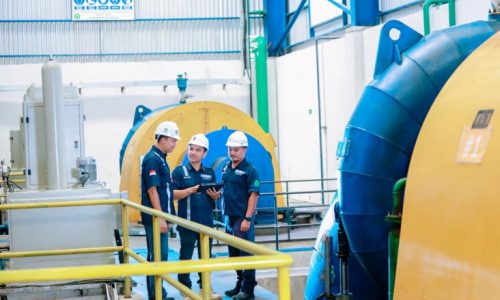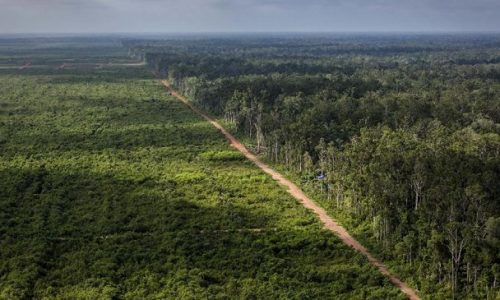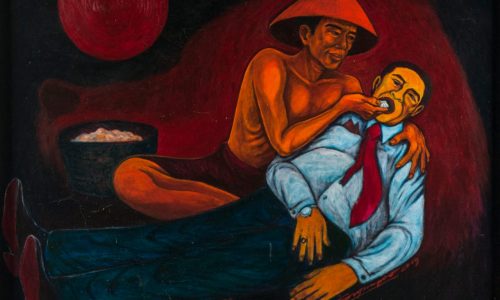President-elect Prabowo Subianto has put the emphasis on the vital lessons learned from the COVID-19 pandemic, stressing the necessity of Indonesia to secure its future by reducing dependence on imports, especially in sectors as critical as food and energy.
“Since the beginning, I have reminded you of what will happen if we are dependent on imports. It turned out that there was a crisis, COVID-19. Exporting countries, like India, Vietnam, Thailand, and Cambodia, suddenly stopped exporting food,” Prabowo said of his vision statement at the closing of the 2024 BNI Investor Summit in Jakarta on Wednesday, October 9, 2024.
He highlights a fundamental vulnerability that was laid bare during the pandemic, when nations face internal challenges, international trade can become unreliable, and countries dependent on imports may find themselves scrambling to meet basic needs.
“We have to be vigilant. And I am confident that we will be vigilant for the next four years,” he said, emphasizing the importance of staying prepared for future uncertainties.
However, it is not just food security that requires attention. His speech also brought to light Indonesia’s energy dependency, particularly on imported fuel. With geopolitical tensions in regions, like the Middle East, threatening the stability of oil supplies, the potential for fuel crises looms large.
“If there is a crisis, it will be the same again. Israel is rumored to attack Iranian oil fields. Iran says that if their oil and gas fields are attacked, they will retaliate,” he said.
Prabowo further reminded of the possible repercussions of such conflicts that would send global oil prices soaring, with countries like Indonesia left to bear the consequences. He, however, remained hopeful, pointing out Indonesia’s strides toward energy independence, particularly through the development of alternative fuels like biodiesel derived from palm oil.
“We are grateful once again. God loves the people of Indonesia. Now we have the technology to produce energy from palm oil,” he said.
Indonesia is progressing beyond B-35, with ambitions to produce even higher biodiesel blends, such as B-40 and B-50, offering a sustainable alternative to traditional fuels.
Furthermore, Indonesia is exploring other avenues to reduce its energy dependence, including transforming coal into solar energy and diesel.
Prabowo pointed towards a future where Indonesia harnesses its own natural resources and innovates its energy sector.
“We have to be realistic. This is the key to our revolution. We have to downstreaming. From downstreaming, we will implement industrialization,” he said.
“We are grateful that we have the largest nickel reserve in the world. We have one of the largest bauxite reserves in the world. Our copper reserve, if I’m not mistaken, is the 7th largest in the world. We have thorium, we have uranium, we have rare earth,” he added.
These resources, critical for industries ranging from electronics to renewable energy, offer Indonesia a unique opportunity to become a global powerhouse in resource-based industries.
However, there are challenges. Some individuals, according to Prabowo, remain either pessimistic or deliberately obstructive to progress.
“Indonesia must harness its natural resources, embrace energy independence, and industrialize its economy to not only survive, but also thrive in an unpredictable global environment,” he concluded.









